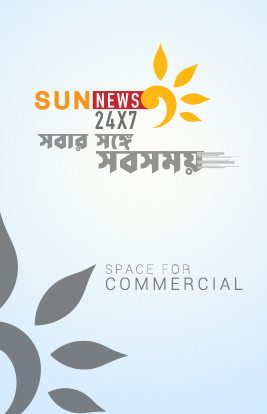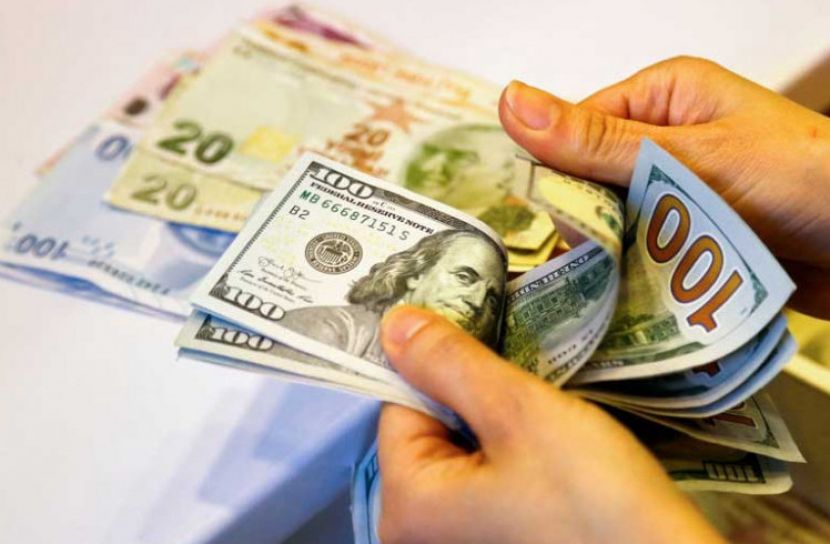
Inward remittance of the country shrinks by 23%
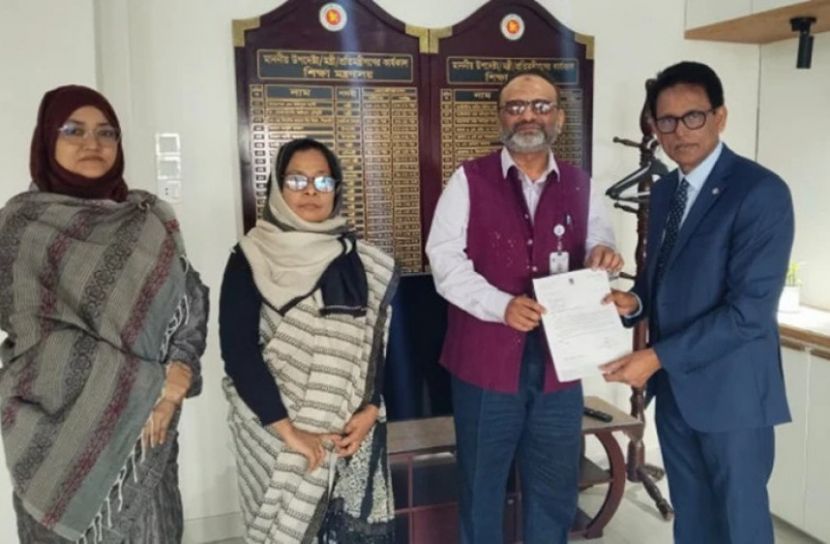
VC Niaz Ahmed Khan resigns
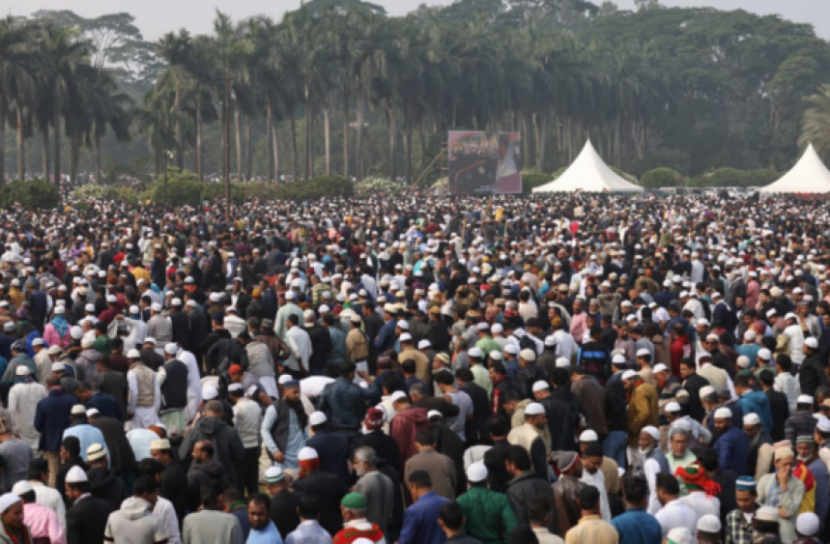
One dies while attending Janaza!
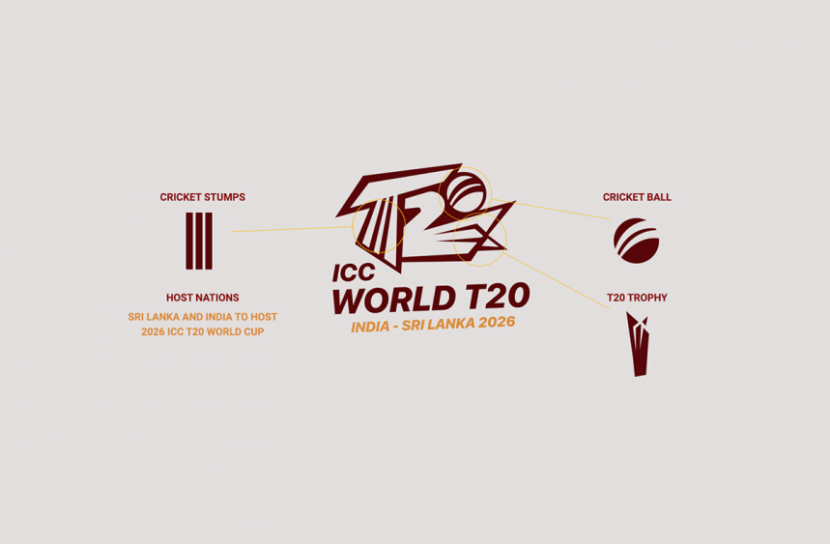
Bangladesh will not join ICC T20 World Cup in India
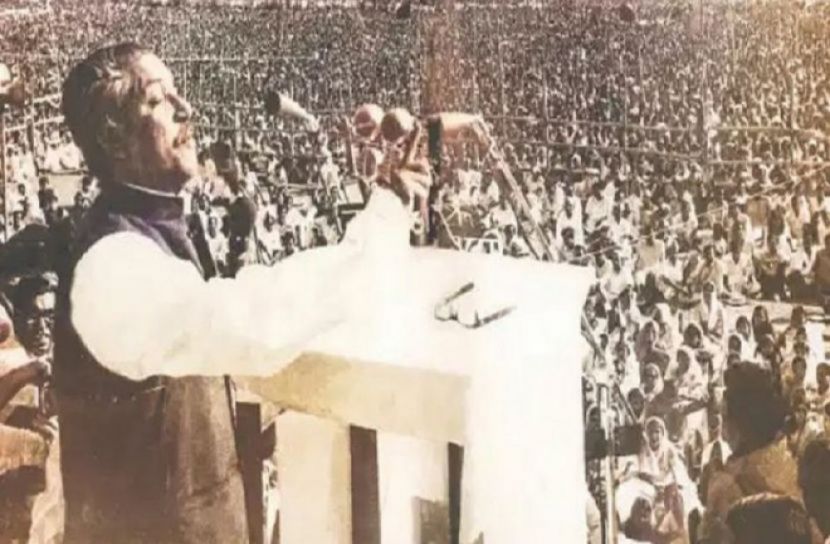
Own Correspondent: Today's events are yesterday's past. Every past becomes a moment in the stream of history. The older the earth, the richer the history. Human interest in every event of this rich history is eternal. Every day in history is therefore very important to everyone.
Also read: Leap Day, an extra day in the year
The new event 'This Day in History' has added importance to the interest of Sun News readers.
Today is Thursday (March 7) 23 Falgun 1430 Bangabd, 25 Shaban 1444 Hijri. Take a look at the important events that happened on this day in history, the birth and death dates of prominent people and other important things.
Also read: Atomic Energy Commission formed
History:
1835 - The British Raj abolished the Persian language in government offices in India and introduced English as the language.
1861 - Debut of Dhaka City's first weekly 'Dhaka Prakash'.
1876 - Alexander Graham Bell patents his invention of the telephone.
1917 - Jazz records are first sold commercially.
1923 – Third Peshawar Conspiracy Trial begins.
1971 - Bangabandhu Sheikh Mujibur Rahman gave a historic speech calling for the liberation struggle in Bangladesh at the Ramna Race Course Maidan (now Suhrawardy Udyan).
7th March is a unique day in the history of freedom struggle and liberation war of Bengali nation. On this day in 1971, Bangabandhu Sheikh Mujibur Rahman called for the freedom struggle of the country, standing in a huge crowd at Suhrawardy Udyan (now Race Course Maidan).
During this historic speech, in the presence of millions of freedom-seeking people, this great leader thunderously announced, 'When I have given blood, I will give more blood, I will free the people of this country, God willing. This struggle is the struggle for our liberation, this struggle is the struggle for freedom.
Also Read: Sixth National Assembly Elections Held
This historic speech given by Bangabandhu Sheikh Mujibur Rahman became the seed mantra of freedom struggle. This speech is not only a political document but also creates a possibility for cultural identity of the nation. Bengalis started preparing for the war of liberation at the call of this speech.
On October 30, 2017, Bangabandhu Sheikh Mujibur Rahman's historic 7th March speech was recognized as a 'World Documentary Heritage' by UNESCO, the United Nations Educational, Scientific and Cultural Organization.
Bangabandhu's passionate declaration gave the Bengali nation the direction of independence. After that, the freedom-loving people of the country started preparing for the final fight from house to house. Bangabandhu's Vajroninada, the Bengali nation became excited with the joy of Mahamukti. Exploited-deprived for ages, Bengali Ispat marches towards the desired goal with fierce determination.
Also read: Establishment of Mukti Jodha Sangsad
After Bangabandhu's speech on March 7, Bengalis from all walks of life, including students, farmers and workers, were at the final stage of the 23-year movement-struggle against the Pakistan state formed on the basis of religious thought, communalism and bi-ethnicity in 1947. Prepared for liberation war to achieve independence.
Responding to Bangabandhu's call, the Bengali nation won the 9-month armed war of liberation on December 16, 1971. Through this victory independent sovereign Bangladesh was born on the world map.
Bangabandhu's historic March 7 speech roared the stormy sea of people. On that day, Bangabandhu ascended the stage at 3.20 pm. Fagun's sun is still overhead. When he took the stage he waved to the crowd and began his speech in a low voice, 'My brothers, I come before you today with a heavy heart.'
Also Read: World Radio Day
After that, standing in the crowd, the poet of the Bengali freedom epic declared - 'This time is our struggle for freedom, this time is the struggle for freedom.'
A speech of only 19 minutes. In this short period of time, he presented the entire canvas of history. In his speech, he demanded the withdrawal of martial law, transfer of power to the elected representatives of the people, the withdrawal of the army to the barracks by stopping the shootings and killings, and the formation of a judicial commission to investigate the killings in various places.
Bangabandhu said, 'My brothers, I don't want the prime ministership, I want people's rights. He couldn't take me because of the greed of the prime ministership. Could not hang on the gallows. You freed me from the conspiracy case with blood.
Also read: Journey to Google Maps
I said on this race course that day, I will repay the blood debt with blood. Even today I am ready to repay the blood debt with blood. I would like to say that from today, courts, high courts, supreme courts, offices and educational institutions will be closed for an indefinite period. Do not visit any employee office. This is my order.'
The last two sentences of Bangabandhu's speech, which later became an instrument of direction and motivation for the final struggle for Bengali independence.
Bangabandhu said, 'When I have given blood, I will give more blood. I will free the people of this country inshallah. This struggle is the struggle for our liberation, this struggle is the struggle for freedom. Joy Bangla.'
Also Read: First Census in Bangladesh
On the occasion of historic 7th March, various social and political and social organizations including Awami League have taken detailed programs.
These programs include - Hoisting of national and party flags at Bangabandhu Bhavan and party office at 6:30 am, Paying homage to the portrait of Bangabandhu Sheikh Mujibur Rahman at Bangabandhu Bhavan premises at 7 am.
A discussion meeting will be held at Dhaka District Awami League Bhavan (Tezgaon) at 4 pm. It will be chaired by Awami League President and Prime Minister Sheikh Hasina.
1973 - The first general election was held in Bangladesh.
1985 - The famous song We Are The World is released internationally.
1986 – Challenger disaster Divers from the USS Preserver locate the Challenger's cabin crew on the ocean floor.
1989 - Diplomatic relations between Iran and the UK are severed. Salman Rushdie created complications between the two countries.
Also Read: Birth of Charankabi Vijay Sarkar
Birthday:
1857 - Nobel Prize-winning Austrian physician Julius Wagner-Zerg.
1890 – Manoranjan Gupta, armed anti-British revolutionary and member of Legislative Assembly. (d. 1976)
1904 - Bengali writer and novelist Falguni Mukhopadhyay. (d. 1975)
1907 – Akhil Chandra Nandi, anti-British revolutionary and communist activist. (d. 1987)
1911 – Satchidananda Hirananda Vatsayan, popular Hindi poet and novelist of India. (d.04/04/1987)
1914 - American actor Janradani was born.
1931 – Shanku Maharaj, noted Bengali travel writer. (d. 18/10/2004)
1938 - Nobel Prize-winning American biologist David Baltimore.
1939 – Daniel Gerard, French singer and songwriter.
1946 – Matthew Fisher, English singer, songwriter, keyboard player and producer.
1950 - Farid Uddin Masood, Bangladeshi Islamic figure.
1954 – Nobel Prize-winning German chemist Otto Diels.
1955 - Indian actor Anupam Kher.
1961 - American actress Mary Beth Evans.
1987 - French football player Hatem Bin Arfa.
Also Read: Birth of Jibananda Das
Death Anniversary:
1932 – Nobel Prize-winning French politician and Prime Minister of France.
1954 - Niharbala, a famous actress who excelled in dance.
1982 - Bimal Ghosh, children's writer. (b. 12/12/1910)
1988 - American actor Robert Livingstone.
1997 - Nobel Prize-winning American physicist Edward Mills Purcell.
1999 – Stanley Kubrick, Academy Award-winning American film director and producer.
2000 - English actor Charles Grey.
2009 - South Korean actress Jang Ja-yeon.
2013 - Willy Sitkes, American actor.
2017 – Kalikaprasad Bhattacharya, Indian musician, Doha Folk Band. (born 11/09/1970)
Sun News/NJ
Newsletter
Subscribe to our newsletter and stay updated.
